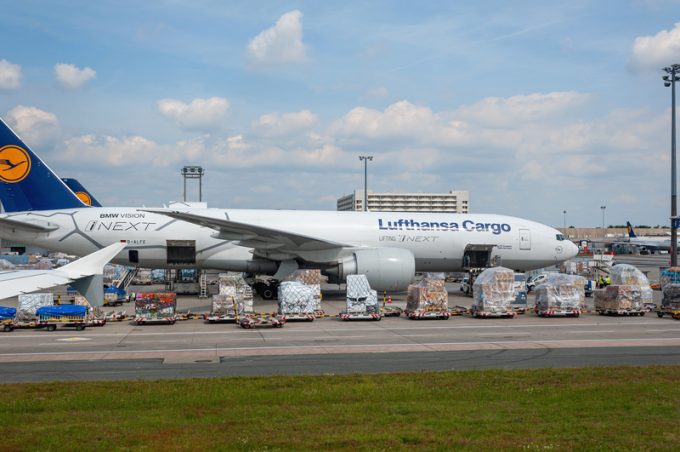Air cargo forwarders stick to spot rates – a long-term contract would be 'foolish'
Air cargo forwarders are sticking to using spot market rates, because “anything can come out ...

The ‘preighter’ peak is now passed and June will see considerably fewer cargo-only passenger aircraft, as airlines tentatively hope for travellers to return, according to Peter Gerber, chief executive of Lufthansa Cargo.
The carrier operated 46 ‘preighter’ flights this week, but expects that number to drop.
“We ...

Comment on this article